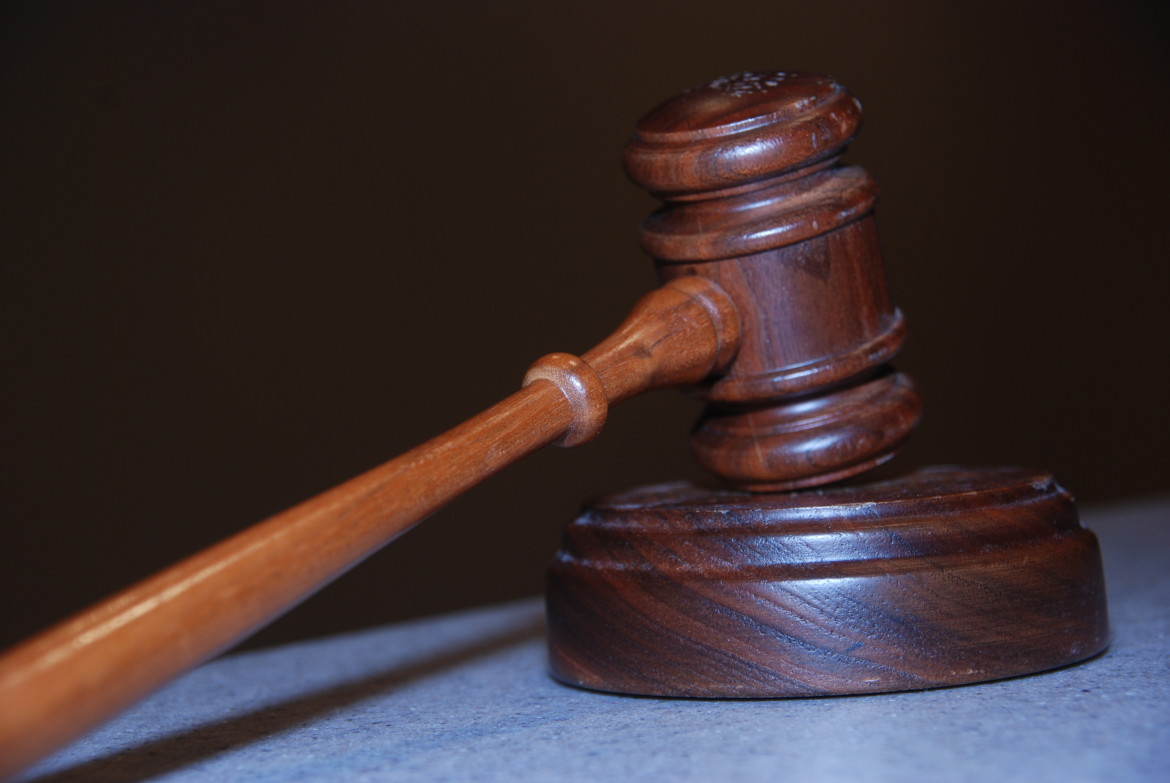 The American Bar Association wants to show teenagers how minor crime can have big consequences that last a lifetime. A new project will soon give children, families, attorneys and judges information about the collateral consequences of crimes and legal decisions. Should a child take a plea or go to trial? How will certain choices affect their prospects for staying in school, going to college or getting a job?
The American Bar Association wants to show teenagers how minor crime can have big consequences that last a lifetime. A new project will soon give children, families, attorneys and judges information about the collateral consequences of crimes and legal decisions. Should a child take a plea or go to trial? How will certain choices affect their prospects for staying in school, going to college or getting a job?
The Collateral Consequences Project is creating a nationwide resource online that will spell out many of the consequences for children, based on the laws of each state. Lawyers and researchers have been gathering information for more than a year. By early fall, they expect to roll out a website with state-by-state sections, and printable files. “The goal is to create a resource for public defenders, prosecutors, judges, children, parents and policy makers,” says Kate Richtman, chair of the ABA’s Juvenile Justice Committee.
A key feature of the project will be cards called Think About It, that public defenders, court officers and non-profit programs can hand out. The State Bar of Georgia plans to distribute Think About It cards to 8th graders in the public schools, because that’s when they learn about the justice system. Deborah Craytor, Director of Law Related Education for the State Bar of Georgia says, “We want to put one in the hand of every child every year.”
The Collateral Consequences Project arose out of a discussion between Richtman, who is also Chief Juvenile Prosecutor in St. Paul, MN, and Christopher Gowen, Senior Staff Attorney at the ABA. Richtman says, “Sometimes prosecutors, public defenders and judges are not aware of the collateral consequences. At a minimum we should know what we are doing, and do it intentionally. We should use this as a starting point for discussion and development of thoughtful public policy.”
This is no small project. A lawyer and a law student in every state are writing the chapters. Regional reviewers are checking accuracy and the spirit of the law. The Firm of DLA Piper is reviewing to make sure all the statutes are up to date. And LexisNexis is donating resources.
There are two types of collateral consequences according to Gowen. “Collateral sanctions happen automatically based on what’s spelled out by law. Discretionary disqualifications are another matter,” he says. “When employers find out about an applicant’s record from juvenile court, they have the discretion to hire that young person, or not. Barriers to employment make up 80% of all collateral consequences. “
And proceedings in Juvenile Court are open to the public more than ever. On the ABA website Richtman points out :
“Passing laws that open juvenile court proceedings to the public, making juvenile court records more accessible and imposing on adjudicated youth the same consequences that flow from an adult conviction are among those changes.… We hope that this project will be a comprehensive compilation of laws relating to collateral consequences for juvenile offenders and lead to the development of public policies that include consideration of the need for rehabilitation as well as the need to protect public safety.”
The Collateral Consequences project is not yet available to the public, but Gowen hopes judges will favor the idea. “In order for this project to have an impact we’ll need support from Juvenile Court Judges who will allow Think About It cards to be distributed in their courtrooms.”
